Malaysia’s new ‘luxury’ taxes hit the middle class where it hurts
Prime Minister Anwar Ibrahim promised the new taxes would only affect the rich, but many ordinary families are starting to feel the pinch
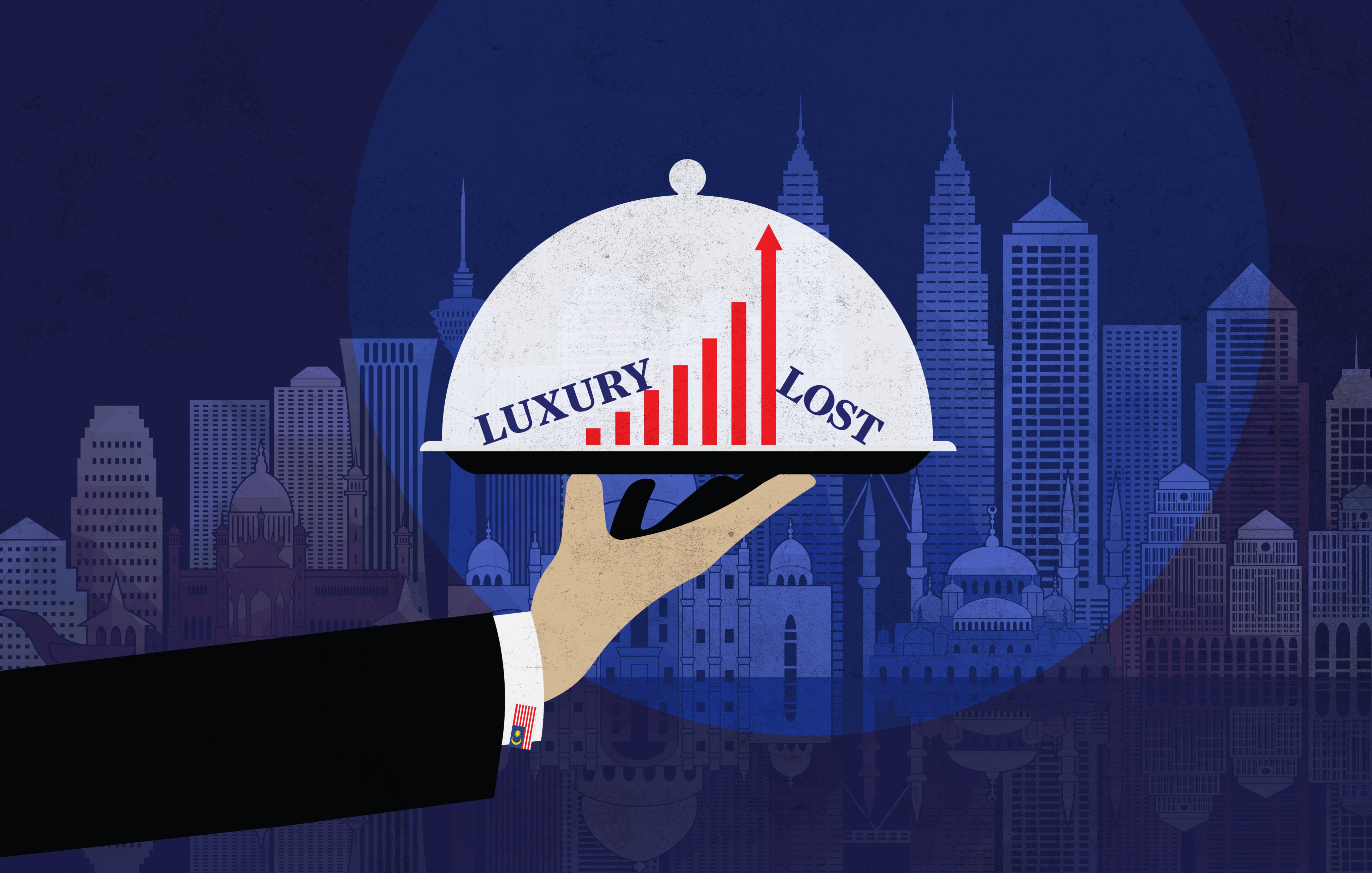
In the calm of his kitchen, Christy Yoong once raised a glass to retirement – good wine, imported cheese and the spoils of a life’s work. But as Malaysia’s new tax regime lands with a thud, even these modest pleasures are slipping out of reach.
When Prime Minister Anwar Ibrahim unveiled his unexpected tax on imported luxuries in June, he promised the pain would be felt only by the affluent. The intent was clear: shore up government coffers by targeting the better-off. Yet the reality, for many Malaysians like Yoong, is the slow erosion of middle-class comforts as the increased tax burden adds to the rising cost of living.
Enacted on Tuesday, the levies on imported luxuries have raised the price of everything from cheese and nuts to cod and king crab.
A quick survey of supermarkets around Kuala Lumpur in the aftermath showed that the price of air-flown Norwegian salmon had surged by as much as 20 per cent to 90 ringgit (HK$167) a kilogram, while top grade blueberries from the US now cost up to 240 ringgit per kilogram.
The new taxes also extend deep into services once seen as everyday essentials for Malaysia’s urban middle class: insurance, financial planning and private education from preschool to university. The breadth of the reforms, announced with little warning, triggered a wave of public anger that forced Anwar into a rare retreat – rolling back taxes on apples and oranges, and beauty services, mere weeks after they were introduced.
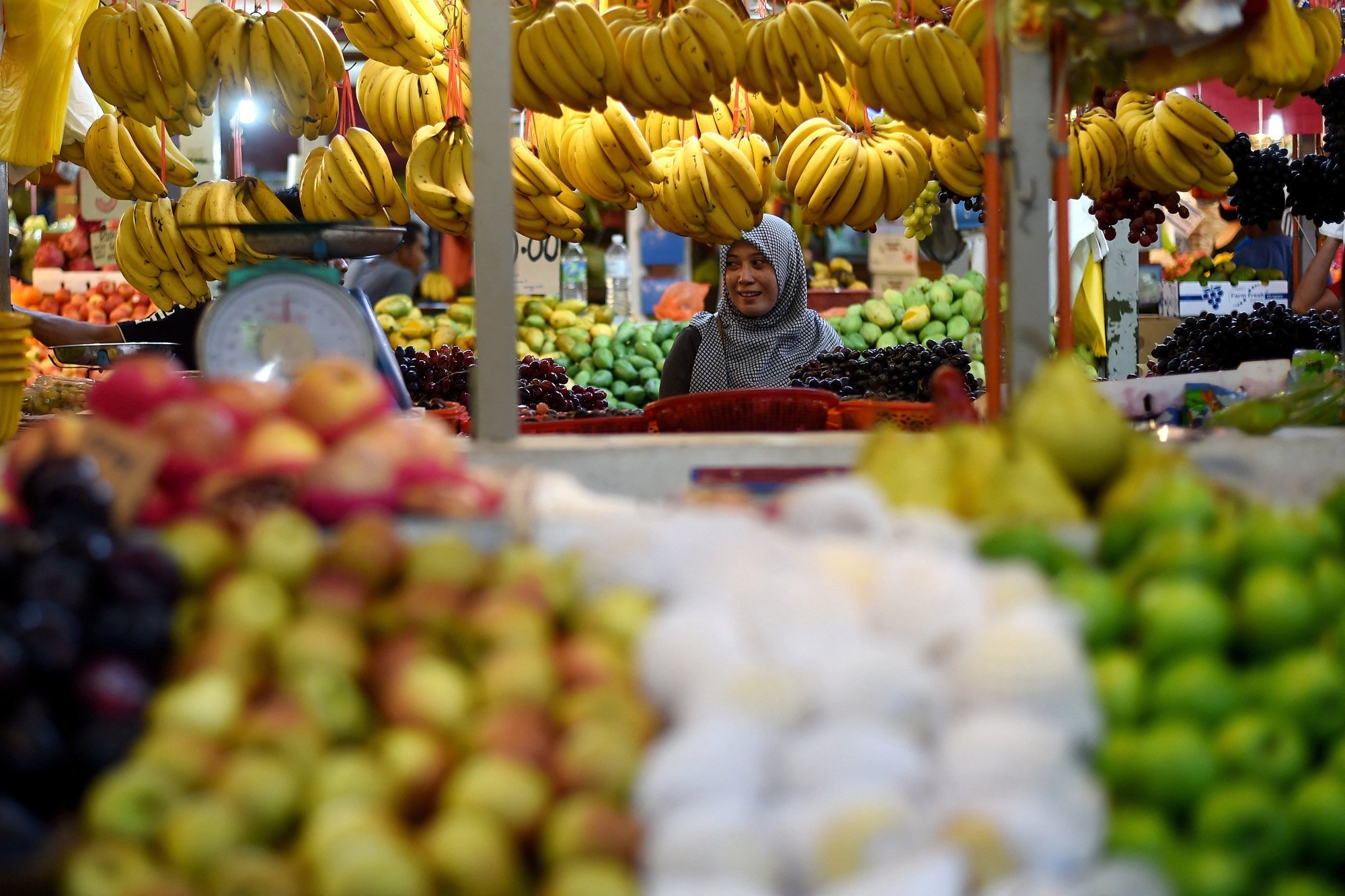
For Yoong, as for millions of middle-class Malaysians, these concessions are cold comfort. “Life is definitely going to be a pinch. It comes down to making choices,” he told This Week in Asia. “I’m proud of being Malaysian, but I’m not proud of the government.”
Anwar’s appointment as prime minister in 2022 was buoyed by urban voters eager for reform and improved living standards – expectations he himself advanced throughout his two decades in opposition. But as patience wears thin, his government’s deep cuts to subsidies and the new consumption tax have landed at a precarious moment for Malaysia’s middle class, long an engine of economic growth and political stability.
Some former supporters accuse Anwar of squandering his reformist credentials, alienating his urban base with culture wars that pander to the Malay majority and wielding repressive laws he once denounced to clamp down on dissent.
A nepotism scandal involving his daughter, Nurul Izzah, has further battered his image. “He’s stuck because he needs to do it as part of the economic reforms, but goodwill from the people has faded,” Syaza Farhana Mohamad Shukri, a political scientist at the International Islamic University of Malaysia, said of the luxury levies.
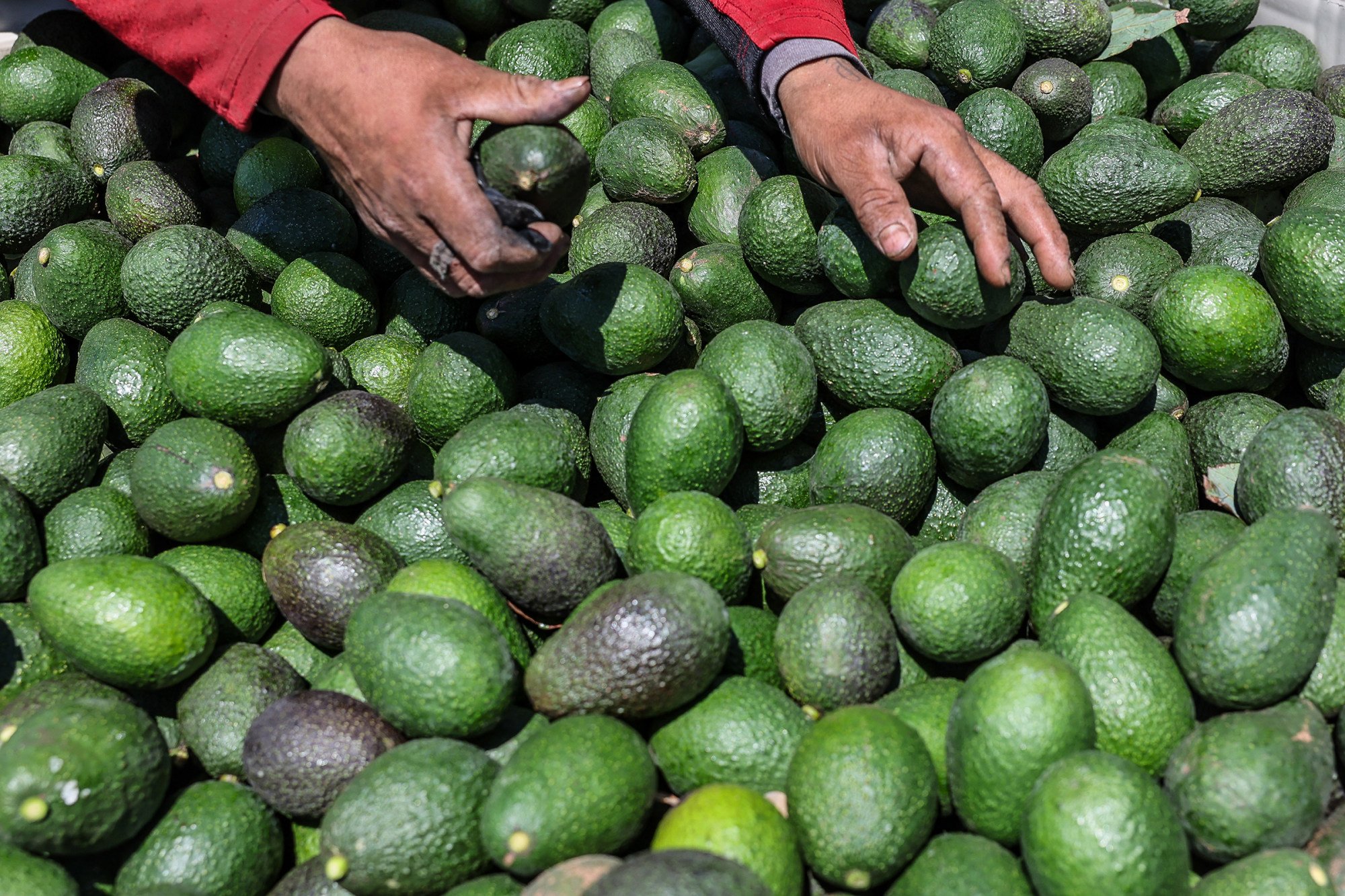
The government has insisted the new taxes – which are expected to raise about 10 billion ringgit (HK$18.5 billion) annually – are targeted, sparing staples such as rice, chicken, milk, medicines and pet food. In a speech on June 15, Anwar gave the example of “expensive, imported” avocados.
“If you have a high income and want to eat avocados, go ahead. But pay a bit more; we are taxing avocados,” he said.
Yet for many, the impact goes beyond discretionary spending . “We’re not ostentatiously rich, but we’re made to feel guilty for receiving subsidies, for eating apples,” said Fariz Aiman, a 37-year-old educational products seller who said he earns “slightly above” the national average.
Malaysia’s tax base is overwhelmingly middle class: households earning between 4,850 ringgit and 10,959 ringgit (HK$9,000 to HK$20,350) per month number nearly 3 million, forming the backbone of government revenue.
The top 20 per cent of earners, known as the “T20”, have monthly income that exceeds 10,960 ringgit, but analysts warn this bracket of around 1.5 million households is swollen with families only marginally better off than the rest.
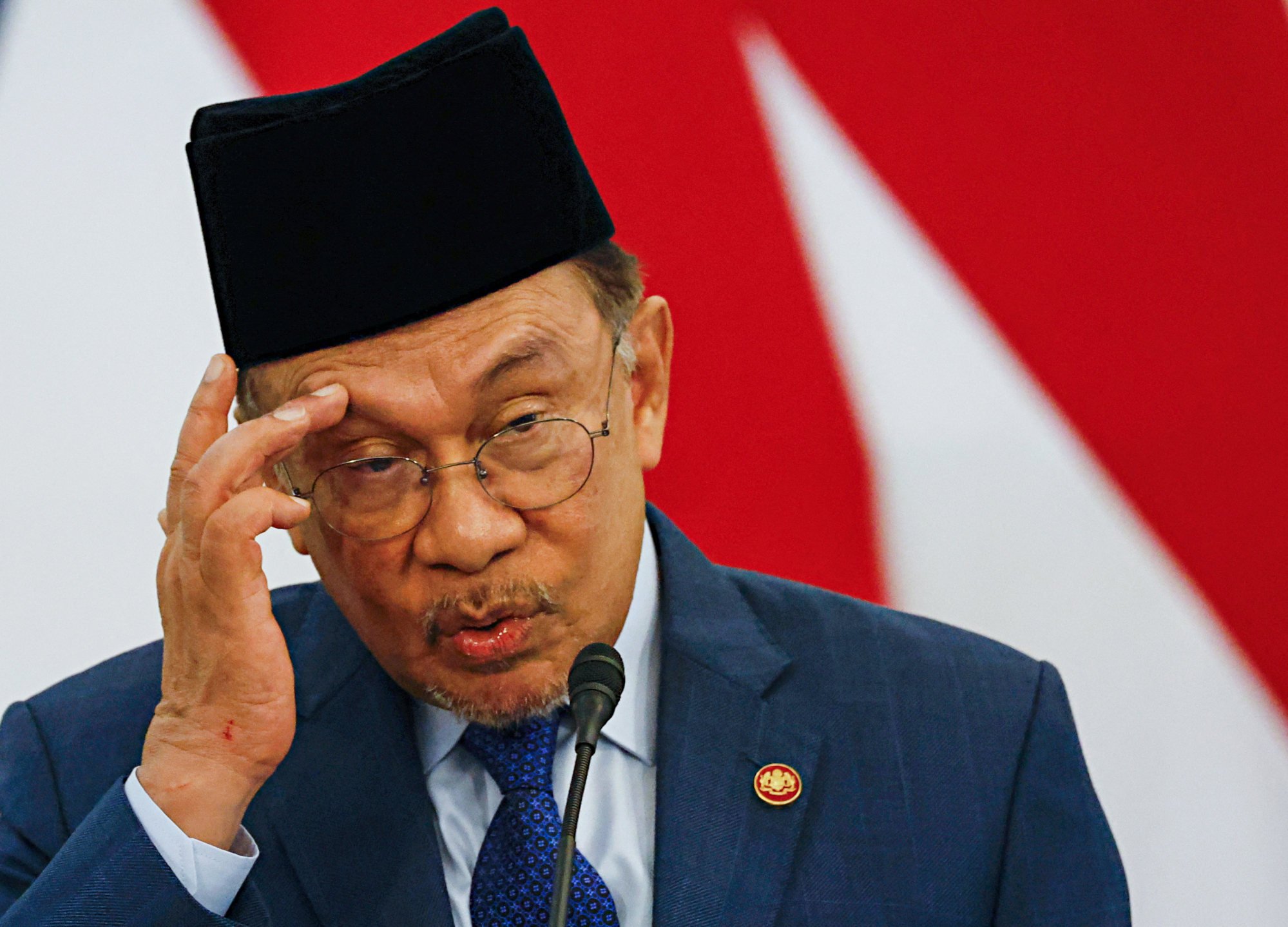
Too much, too fast?
Anwar, who also serves as finance minister, has steadily slashed government spending, focusing particularly on broad-based subsidies that drained 80 billion ringgit from public coffers in 2023 alone.
He began by reducing electricity subsidies that year, swiftly followed by the removal of blanket diesel subsidies in June 2024. The government projects these measures will save up to 14 billion ringgit annually.
Amid these cuts, Malaysia’s central bank reported in March that inflation had eased to 1.8 per cent in 2024, down from 2.5 per cent a year earlier. Yet, for many, the reprieve is more statistical than real.
More than half of the government’s annual revenue is drawn from income tax, which rises as high as 30 per cent for top earners and applies to all residents with a minimum taxable salary of 5,000 ringgit per month.
In March, Anwar announced a record tax collection of 184.8 billion ringgit for 2024.
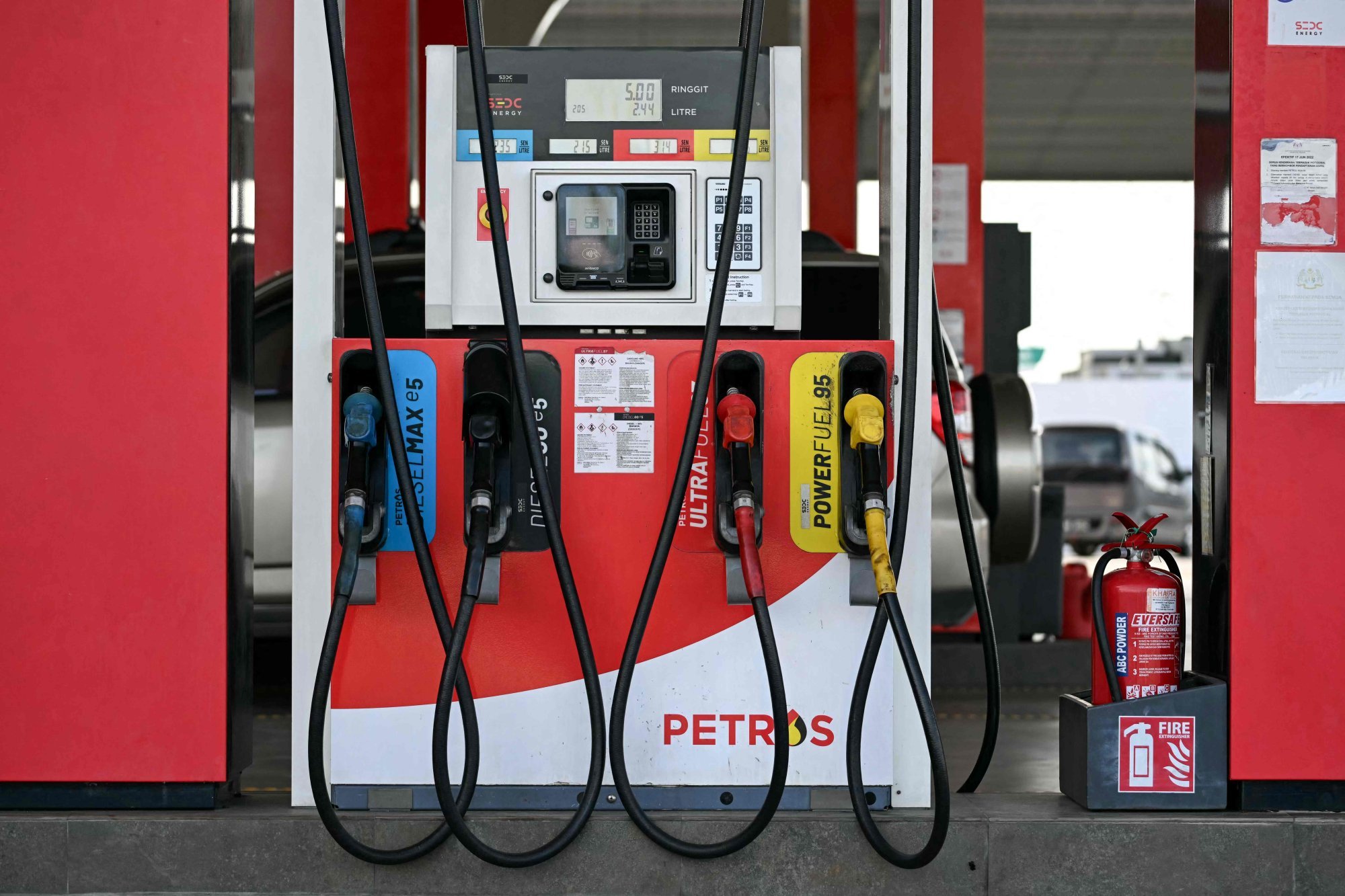
Political analyst Halmie Azrie of consultancy Vriens & Partners said the new luxury tax risked alienating both “a large portion of disillusioned fence sitters from the middle class” and local business owners whose profit margins were already under strain.
Adding to unease over rising prices are government plans to further restructure electricity tariffs and to cut blanket petrol subsidies – part of moves intended to save up to 8 billion ringgit.
Last week, Tenaga Nasional, the national power grid operator, announced a new tariff system that will charge premium rates during peak hours from 2pm to 10pm, aiming to promote more sustainable energy use among consumers.
Taken together, these measures amount to a barrage of cuts and taxes that are wearing down all but the wealthiest Malaysians.
“The government is doing too many things at the same time, and it’s happening too fast for people to absorb,” said Muhammed Abdul Khalid, an economist and research fellow at the National University of Malaysia’s Institute of Malaysian and International Studies.
“These are big changes, and all of them directly affect the cost of living.”
These are big changes, and all of them directly affect the cost of livingMuhammed Abdul Khalid, economist
Business groups have already sounded the alarm about likely price increases triggered by the new taxes, which they argue will drive up operating costs. Small and medium-sized enterprises will also feel the strain, with commercial rents projected to soar by as much as 57,000 ringgit annually, according to the Federation of Malaysian Manufacturers.
Meanwhile, Anwar faces a crisis of credibility, with a series of recent controversies tarnishing his reputation as an anti-corruption crusader and reformist.
In late May, two senior ministers from his People’s Justice Party (PKR) resigned from the cabinet after losing their positions in an internal party election. The exits of economy minister Rafizi Ramli and environment minister Nik Nazmi Nik Ahmad came on the heels of widespread accusations of nepotism, following the ascension of Anwar’s daughter to the party’s No 2 post after a spell in the political wilderness.
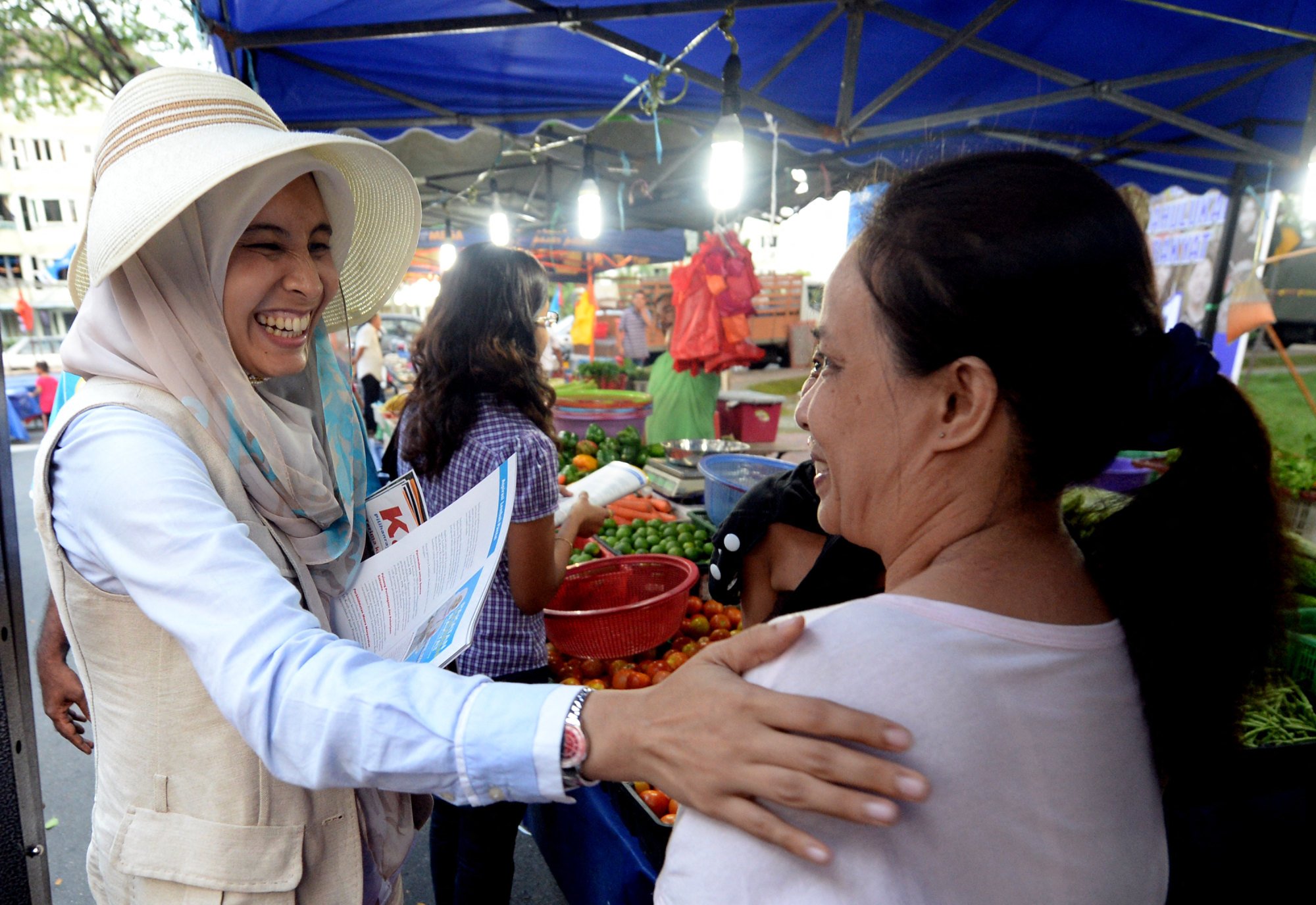
Shortly afterwards, a high court ordered Anwar to stand trial after he failed in his bid for legal immunity in a civil suit brought by a former aide who accused him of sexual harassment in 2018.
Despite the mounting troubles, analysts say this may be Anwar’s final chance to push through unpopular fiscal reforms with election season fast approaching.
Sabah state in Malaysian Borneo is set to vote later this year, followed by Melaka, Johor and Sarawak over the next two years, ahead of a general election that must be called by early 2028.
“I do see a very challenging time ahead for Anwar to get a second term. The only way for him that I can see is to get buy-in from the [political] elites,” said Syaza, who heads the International Islamic University of Malaysia’s political science department.
“I don’t see how PKR and [ruling coalition] Pakatan Harapan can increase their seats and support base.”
Anwar’s public approval ratings rose to 55 per cent in May, a modest increase from 52 per cent at the start of the year. Meanwhile, a survey released last month by independent pollster Merdeka Centre put his disapproval rate at 36 per cent.
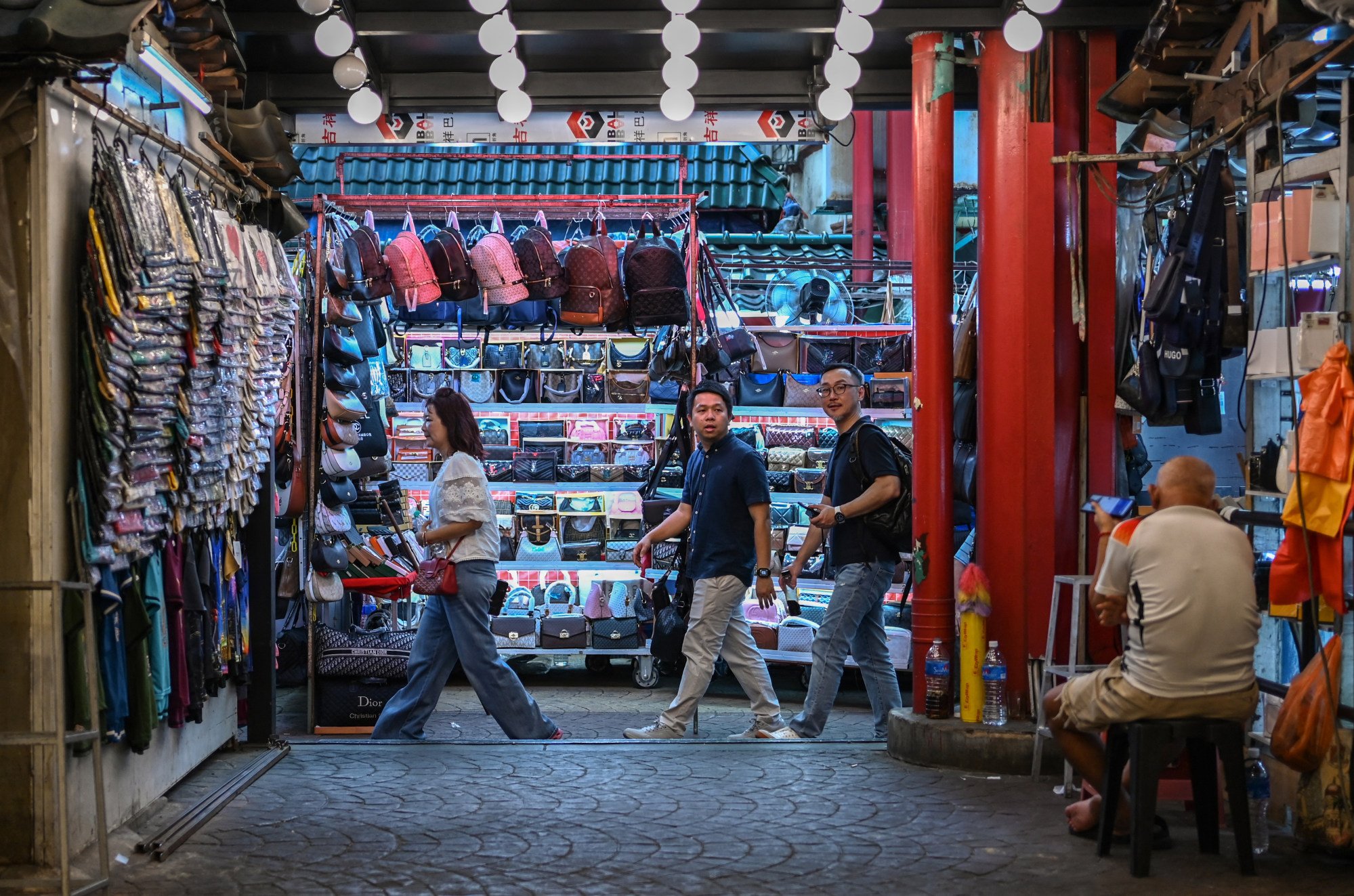
But those positive numbers were recorded before the latest tax increase, and the survey noted “persistent concerns about cost of living pressures and some anxiety over subsidy cuts”.
The central bank has acknowledged that worries over rising living costs mirror trends in Malaysians’ take-home pay.
Food and drink prices have soared by 17.5 per cent since 2020, while real wages have actually slipped by nearly 2 per cent over the same period, Bank Negara Malaysia Deputy Governor Marzunisham Omar told a conference last month.
Nominal wages, which are not adjusted for inflation, actually increased by 7.9 per cent over that period, Marzunisham said. But this rise was outpaced by inflation, which averaged 9.8 per cent.
All in the messaging
At the heart of Anwar’s reforms is a gamble: that Malaysians will accept short-term pain for the promise of long-term stability. But observers warn that without deft political messaging, the reforms risk fomenting widespread discontent.
Malaysia’s economy is bracing for punishing tariffs from Washington, which has threatened a 24 per cent blanket levy on all its exports to the United States. At the same time, ongoing instability in the Middle East – Asia’s chief energy supplier – has pushed up oil prices, further raising the cost of living and disrupting government subsidy strategies.
“Without a sensitive and well-executed roll-out, what is intended as fiscal reform could quickly lead to widespread economic discontent and, ultimately, become a substantial political liability” for Anwar, said Asrul Hadi Abdullah Sani, a partner at strategic advisory firm ADA Southeast Asia.
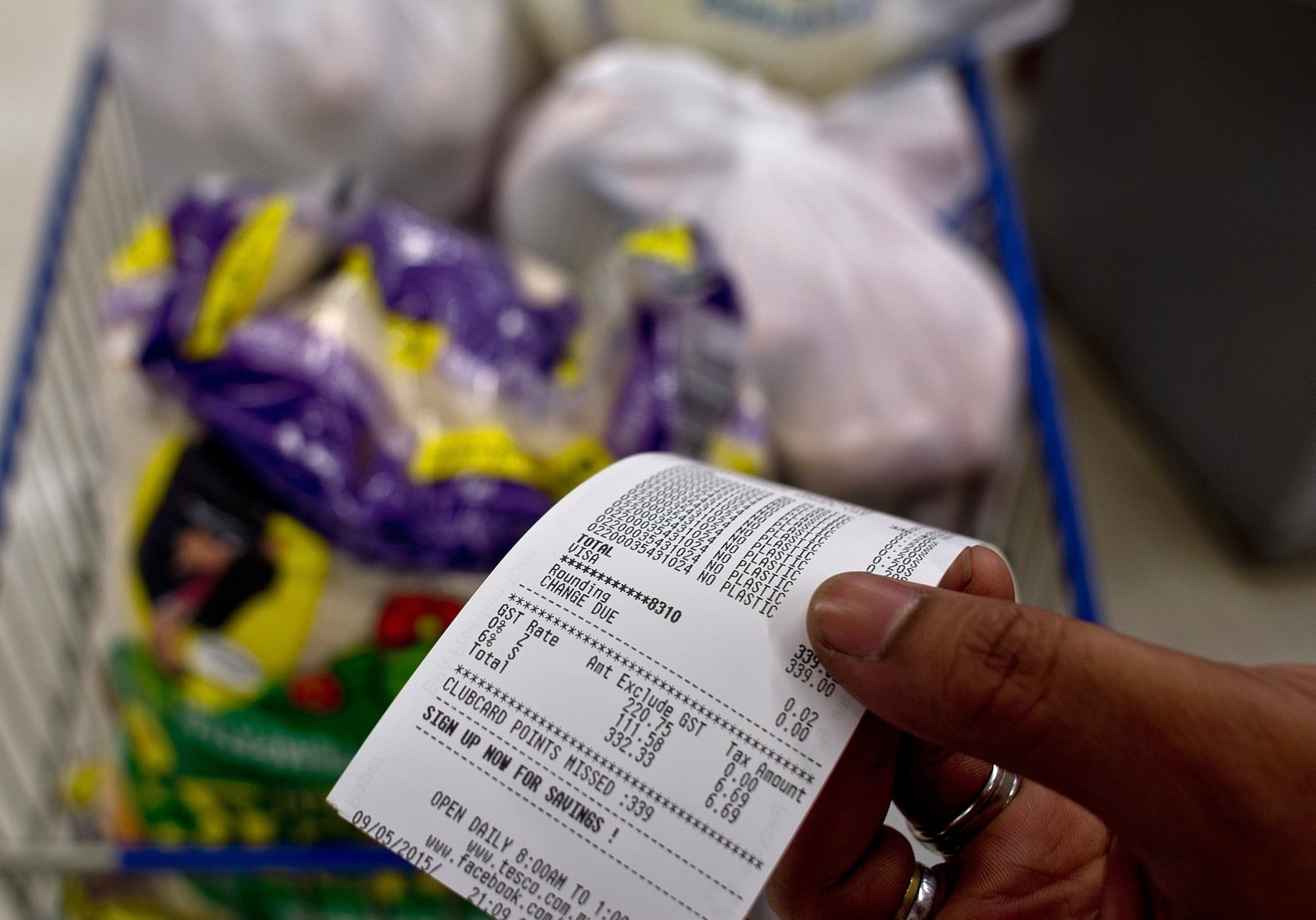
The risks are far from theoretical. In 2015, then-prime minister Najib Razak, now jailed for corruption, introduced a universal goods and services tax at 6 per cent, triggering a public backlash.
Despite 18 months of government messaging to justify the move, it became a lightning rod for public anger and helped topple Najib’s once-invincible coalition in the 2018 general election.
Anwar has repeatedly pledged not to reinstate the goods and services tax, insisting that a targeted tax regime is preferable to a universal levy.
But for Yoong, the numbers are almost academic. What matters is the calculation he makes at the end of each day: what to forgo, what to savour and how much more he must surrender to the government’s march towards fiscal reform.
“I am 56 already. I have worked hard in my life and I want to enjoy what I still can,” Yoong said.
“In a perverse way, if you want to support the government’s efforts to raise income then spend more on imported goods.”